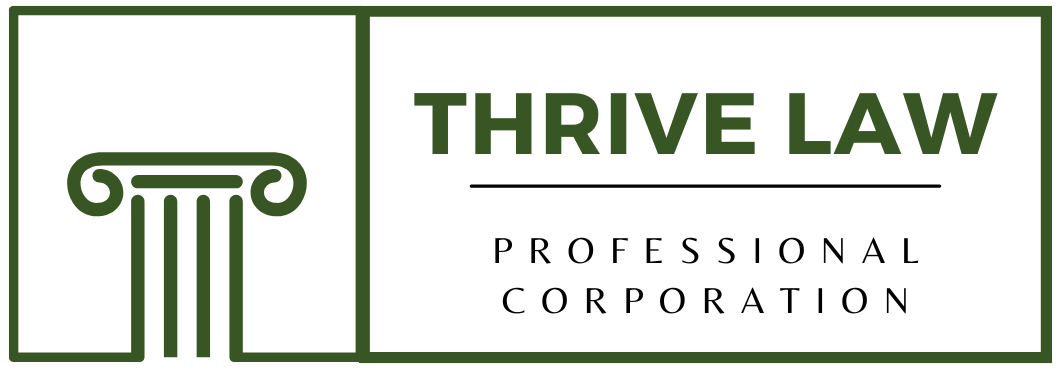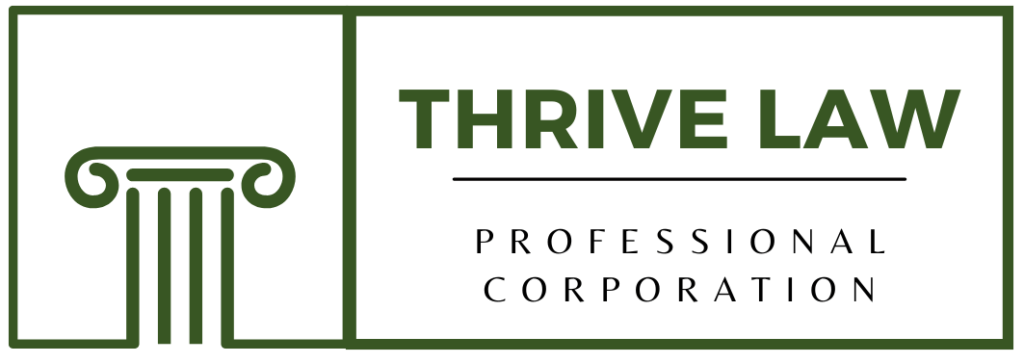
Saad Mirza
Hi! beautiful people. I`m an authtor of this blog. Read our post – stay with us

Saad Mirza
May 14, 2025
What to Do When HR Ignores Your Complaint: Canadian Employee’s Guide
Picture this: You’re working hard at your job in Toronto or Ottawa, doing your best to contribute and fit in. But something goes wrong- maybe a supervisor makes inappropriate comments, your paycheque is short, or you’re left out of meetings after raising a safety concern. You do what you’re supposed to do and report it to HR. Days turn into weeks, and you hear nothing back.
If this sounds familiar, you’re not alone. In Canada, HR silence isn’t the end of your options-it might be the beginning of your legal remedy.
Canadian workers are protected by some of the strongest employment laws in Canada, including the Employment Standards Act (ESA), the Ontario Human Rights Code, and the Occupational Health and Safety Act (OHSA).
Common Reasons Employees File Complaints in Canada
Canadian Employees reach out to HR for many reasons. Here are a few of them:
• Harassment and Bullying: Canadian law is clear-workplace harassment is illegal, and employers must take it seriously. This includes bullying, public humiliation, isolation, or malicious gossip.
• Discrimination: If you’re treated unfairly because of your race, gender, disability, or another protected ground, you’re covered by the Canadian Human Rights Code.
• Retaliation or Wrongful Dismissal: It’s illegal for your employer to punish or fire you for exercising your rights, such as reporting harassment or requesting a leave.
• Wage Theft or Denied Benefits: Missing overtime, vacation pay, or other ESA entitlements are among the most common complaints.
• Unsafe Working Conditions: Employers must provide a safe workplace under the OHSA, and ignoring hazards is a serious violation.
Why HR Might Ignore Your Complaint
You might expect HR to be your first line of support, but sometimes complaints fall through the cracks:
• Limited HR Resources: Smaller Canadian businesses may not have dedicated HR staff, leading to slow or incomplete responses.
• Internal Conflict of Interest: If the complaint involves management or a well-liked employee, HR may feel pressure to sweep it under the rug.
• Lack of Proper Policies: Some employers haven’t updated their complaint processes to meet Canadian legal requirements, especially after recent changes to harassment laws.
• Avoiding Liability: In rare cases, employers hope that ignoring a complaint will make it go away, not realizing this can expose them to greater legal risk.
Steps to Take When HR Ignores Your Complaint
If HR isn’t responding, don’t give up. Here’s what I recommend to
Document Everything in Writing
Keep meticulous records-save emails, jot down notes from conversations, and create a timeline of events. This documentation can make or break your case if you need to escalate the matter.
Send a Follow-Up Complaint Email
If you haven’t heard back, send a polite but firm follow-up. Mention the date of your original complaint, summarize what’s happened since, and request a response. Remind HR of their obligations under Canadian law.
Check Which Law Applies to Your Situation
Most Canadian workers are covered by the ESA, but some are protected by the Human Rights Code or OHSA, depending on the issue. For example:
• Wage and hours complaints: ESA
• Discrimination or harassment: Human Rights Code
• Safety concerns: OHSA
Consult an Employment Lawyer
Early legal advice can clarify your rights and help you avoid mistakes. A Lawyer offers free or “pay what-you-feel” consultations so you can get guidance without financial stress.
Escalate Outside the Company
If internal steps fail, you can take your complaint to the appropriate Canadian authority:
• Employment Standards Violations: File a claim with the Ministry of Labour for wage, overtime, or termination issues. You have up to two years to file.
• Human Rights Violations: Apply to the Human Rights Tribunal of Canada within one year of the last incident.
• Workplace Safety Issues: Contact the Ministry of Labour’s Health and Safety Contact Centre, which allows anonymous complaints.
How an Employment Lawyer Can Help
An Employment Law helps you:
• Decode your rights: Explain which laws apply and what protections you have.
• Handle formal complaints: The lawyer drafts letters, communicates with HR, and files claims with the right agency.
• Represent you in legal proceedings: Whether before a tribunal or in court, they’re in your corner.
• Protect you from retaliation: They advise on steps to stay safe and secure at work.
Final Thoughts
If HR is ignoring your complaint, you’re not powerless. Canadian law is on your side, and with the right support, you can assert your rights and seek a fair resolution. I believe that thriving at work means standing up for what’s right together.

Author: Saad Mirza
I’m Saad Mirza, the founder of Thrive Law, a employment law firm dedicated to helping employees across Ontario navigate challenging job terminations and workplace issues.

